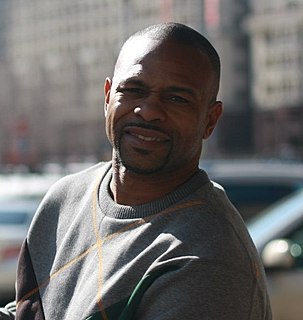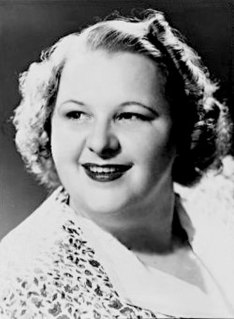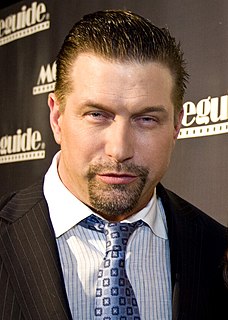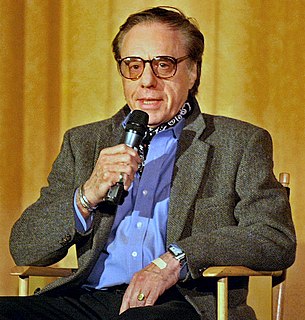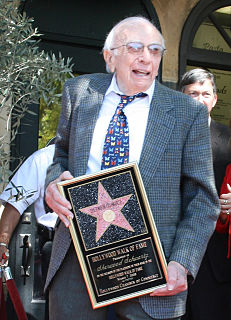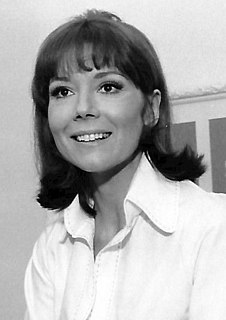A Quote by Ang Lee
The thing we call critics are not really reviewers, they are not really critics. They don't have the discipline to write what we would term as critique - it's really just reviewers. They have a common man kind of taste. If you watch them overall, they are not different from the box-office. That's my view.
Related Quotes
Critics are giving marks for originality, acting, photography and scripting, while mass audiences are more drawn to familiarity of genre, stars they would like to have sex with or plots that are more likely to make their dates have sex with them. Reviewers are doing their day's work, cinema-goers are escaping from theirs: this leads to an inevitable difference of response. It is, though, wrong to conclude that reviewers are completely useless. Books, movies and shows may be critic-proof, but the egos and psyches of the people who make them very rarely are.
Under true peer-review...a panel of reviewers must accept a study before it can be published in a scientific journal. If the reviewers have objections the author must answer them or change the article to take reviewers' objections into account. Under the IPCC review process, the authors are at liberty to ignore criticisms.
What's happening to movie critics is no different from what has been meted out to book, dance, theater, and fine-arts reviewers and reporters in the cultural deforestation that has driven refugees into the diffuse clatter of the Internet and Twitter, where some adapt and thrive - such as Roger Ebert - while others disappear without a twinkle.



